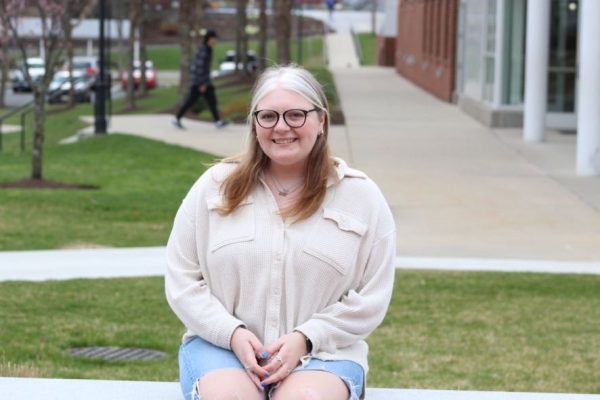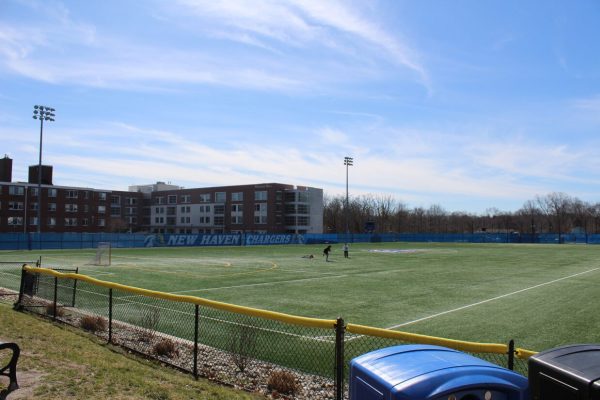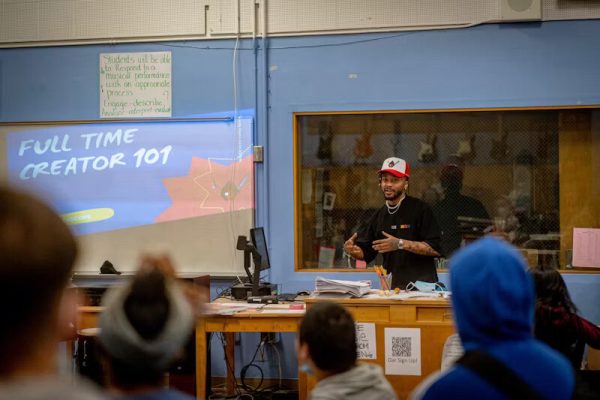Poverty Does not Discriminate
When you hear the word poverty, many things may go through your mind: rundown neighborhoods, poor people, homelessness, high crime rates and more.
Poverty is more than just that. In the state of Connecticut, poverty is a significant issue. As of 2017 there were 3,387 people experiencing homelessness and over 700 were children. 95 people with mental health issues were also estimated to be unsheltered, and another 49 were unsheltered and dealing with substance abuse.
The issue lies within individuals not having enough information and education on the issue. You have to start with learning and understanding something before trying to fix it.
However, too often people misinterpret the words poverty and homelessness. They actually go hand in hand.
Last semester in my senior seminar class, we visited a shelter in New Haven called Columbus House. Columbus House is one of many shelters that help individuals find their way back on their feet. My experience pushed me to learn more about the issue of poverty in the state.
But, how do people become homeless, or how do they fall into poverty?
The answer lies in how unaffordable it is to live in the state of Connecticut. Families struggle to put food on the table, take care of themselves, and make enough money to keep a roof over their head.
In the state of Connecticut, in order to afford a one bedroom apartment while making minimum wage, one must have two full time jobs and work 78 hours per week. This does not include utilities, personal needs, travel expense and food expense. This is solely to afford an apartment.
Now imagine a single parent, a family of three trying to maintain a healthy living. It is nearly impossible. Housing must be affordable and available for low income families to minimize the issue of poverty and homelessness. This is when we will start to see change.
Educating yourself on poverty and homelessness can be a start to helping. Misinformation leads individuals to believe something that is not true. Anyone can be in poverty, there is no specific gender, race, or class that it is specific to. People who face poverty are individuals that just need help.

Mitsouki Garvey-Sanchez is a senior studying Public Relations and Journalism. Along, with being the on air anchor for Charger Bulletin News show, she...








